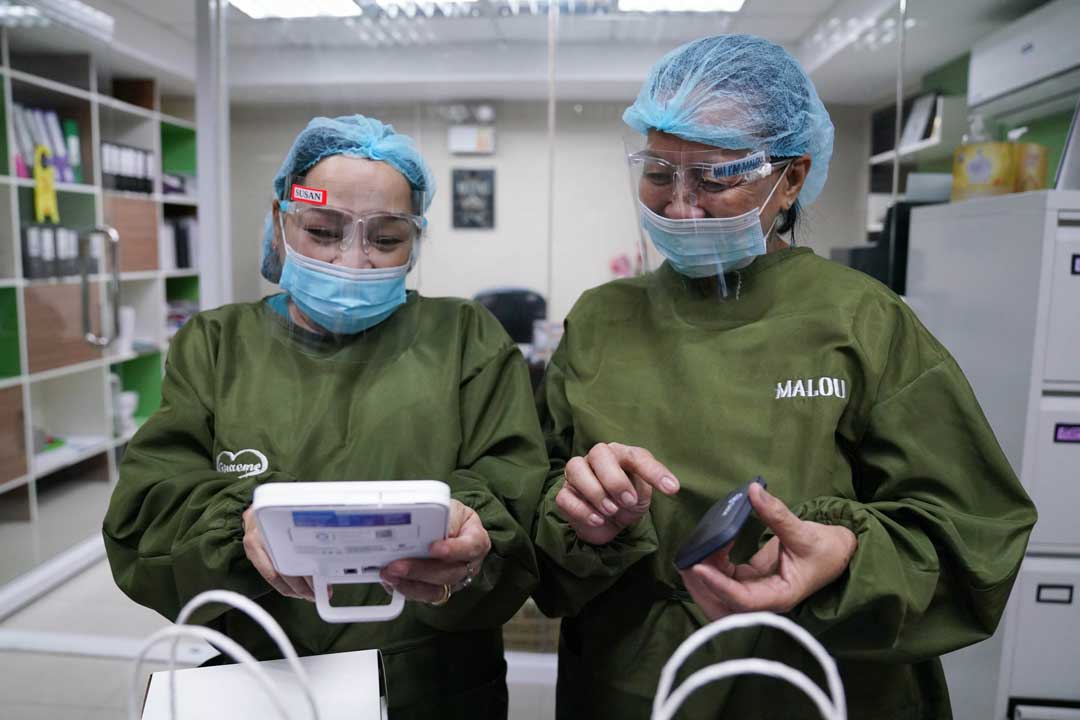ADB approves $600 million loan for Philippine UHC program

The Asian Development Bank (ADB) has approved a $600 million loan to support the Philippines’ universal health care (UHC) reform program.
The bank’s Build Universal Health Care Program will help finance government delivery of health services and monitor the performance of health service providers, the ADB said in a statement Friday.
The ADB said the program will expand the use of digital tools in and support the Department of Health (DoH) and the Philippine Health Insurance Corp. (PhilHealth) as they implement universal healthcare.
The program will also support local government access to health care workers and facilities, especially in underserved areas.
“The COVID-19 pandemic has highlighted existing constraints in the country’s health care service delivery, which the government sought to address in its pandemic health response,” ADB Director of Human and Social Development for Southeast Asia Ayako Inagaki said.
“This program seeks to boost the government’s ability to achieve its UHC goals and provide timely and equitable health care services, especially for the poor and marginalized across the country.”
The bulk of government funding for UHC comes from the general appropriations act and tax collections from “sin” products such as tobacco and vaping products.
Excise tax collections from cigarettes rose 31% to P83 billion in the first seven months due to higher tax rates and growing sales after a pandemic-induced slump last year.
“This new ADB program will help the government boost financing for UHC, expand the supply of health facilities and workers, enable the integration of health care providers, and enhance health system efficiency,” ADB Principal Health Specialist for Southeast Asia Eduardo Banzon said.
Meanwhile, the ADB said it will also extend a $2 million technical assistance grant from the Japan Fund for Poverty Reduction to support health policy reforms in local government units.
“The ADB will provide technical advice as the government prepares to implement the next set of UHC-related reforms by 2023,” the bank said.
Fitch Solutions Country Risk and Industry Research has said the more contagious Delta variant worsened the effects of the pandemic in the Philippines. It said the slow vaccine rollout and pandemic containment setbacks will delay the goal of achieving universal healthcare because of the diversion of healthcare funds to deal with the emergency.
But the Finance department said it does not expect problems with the rollout of UHC even with funding pressures caused by the pandemic, noting the reserves held by the government health insurer. — Jenina P. Ibañez



